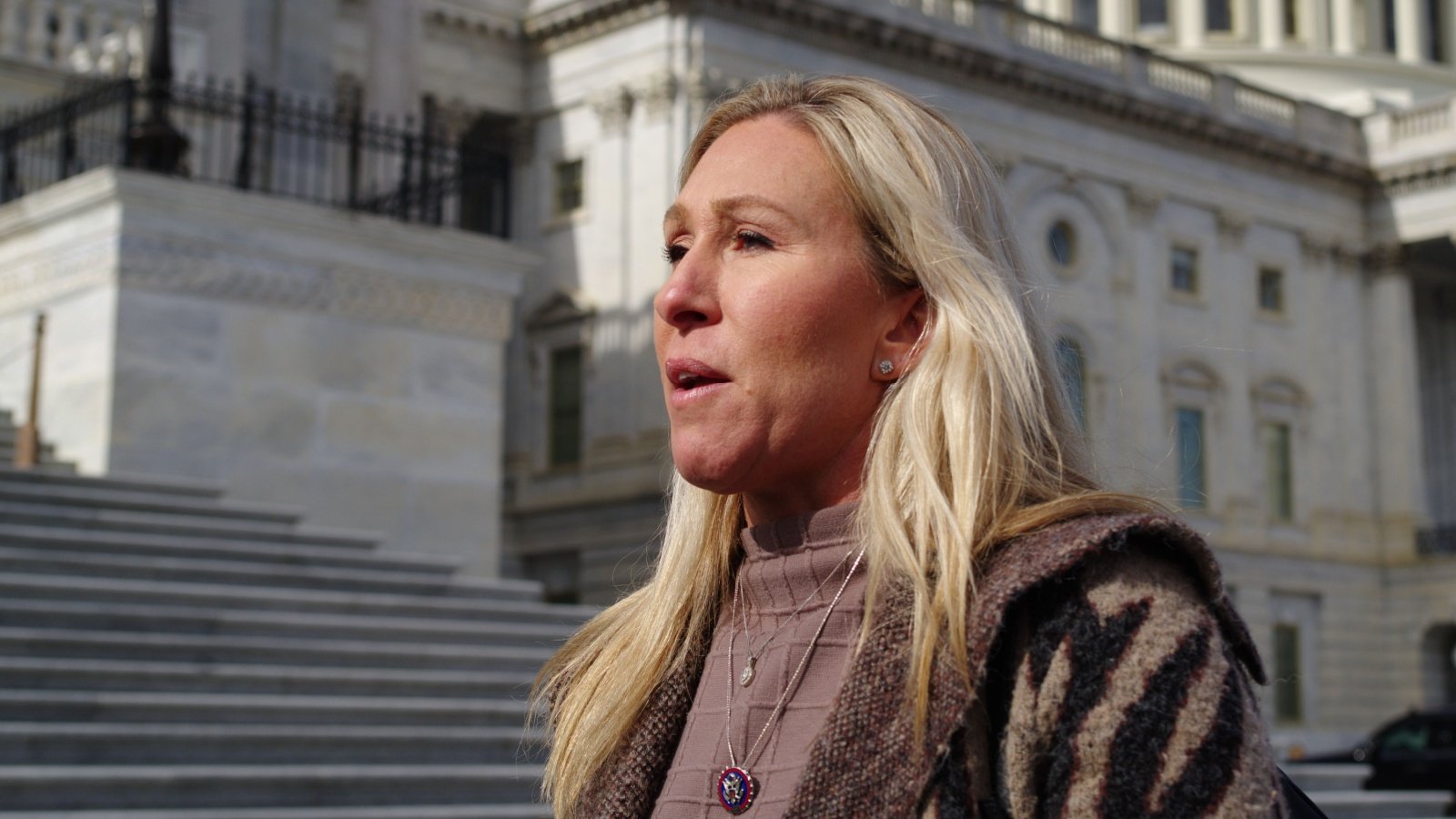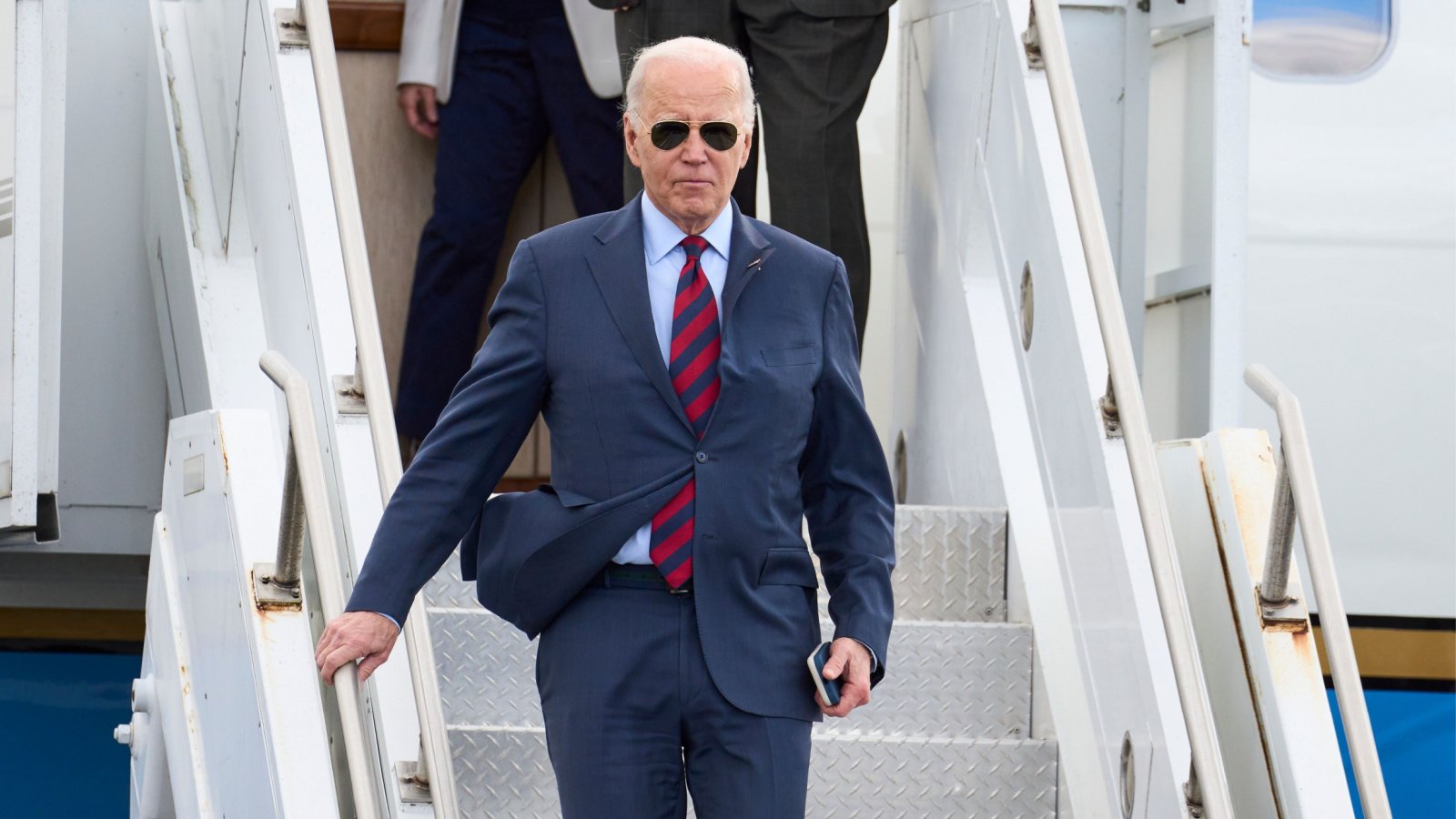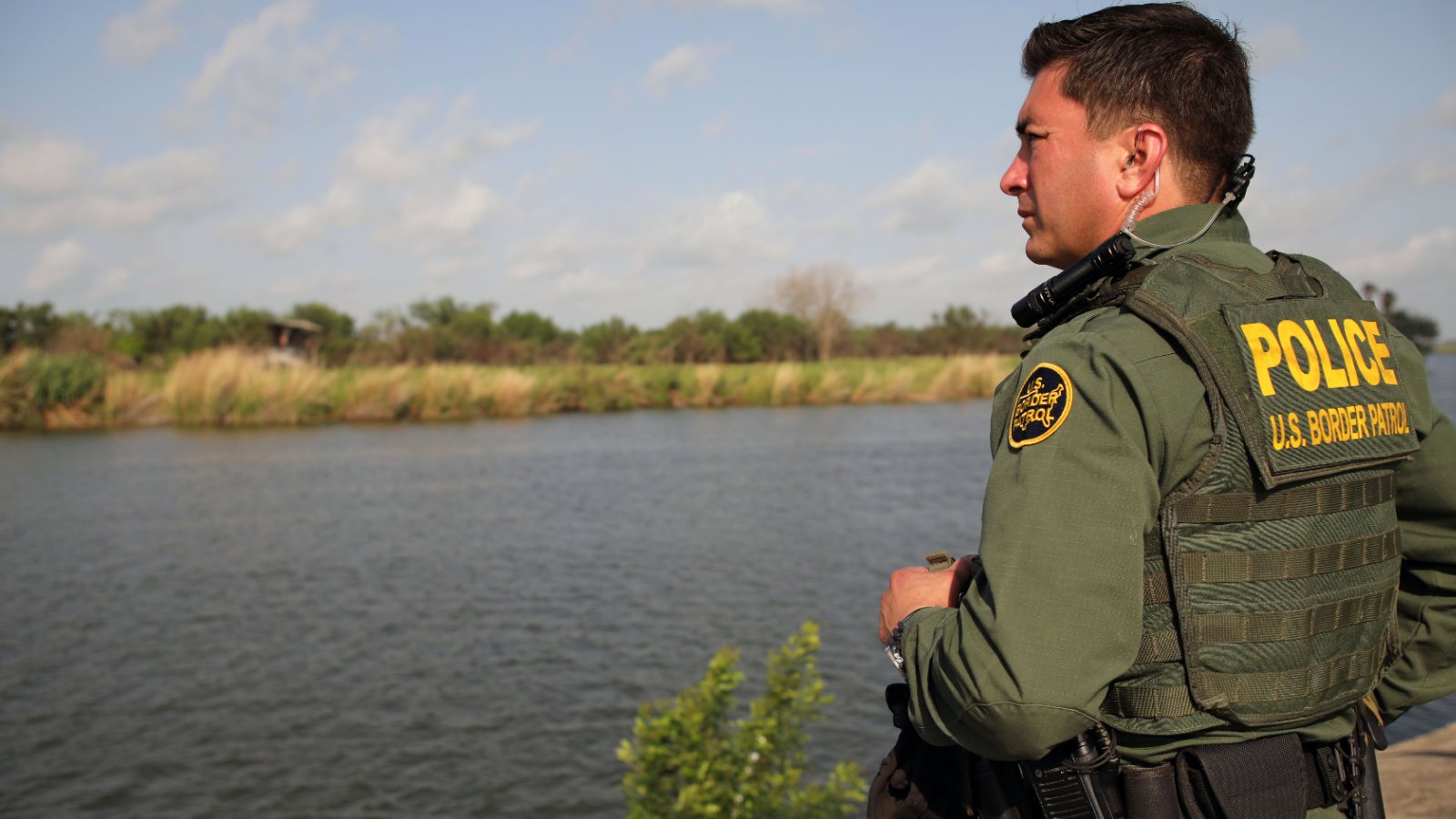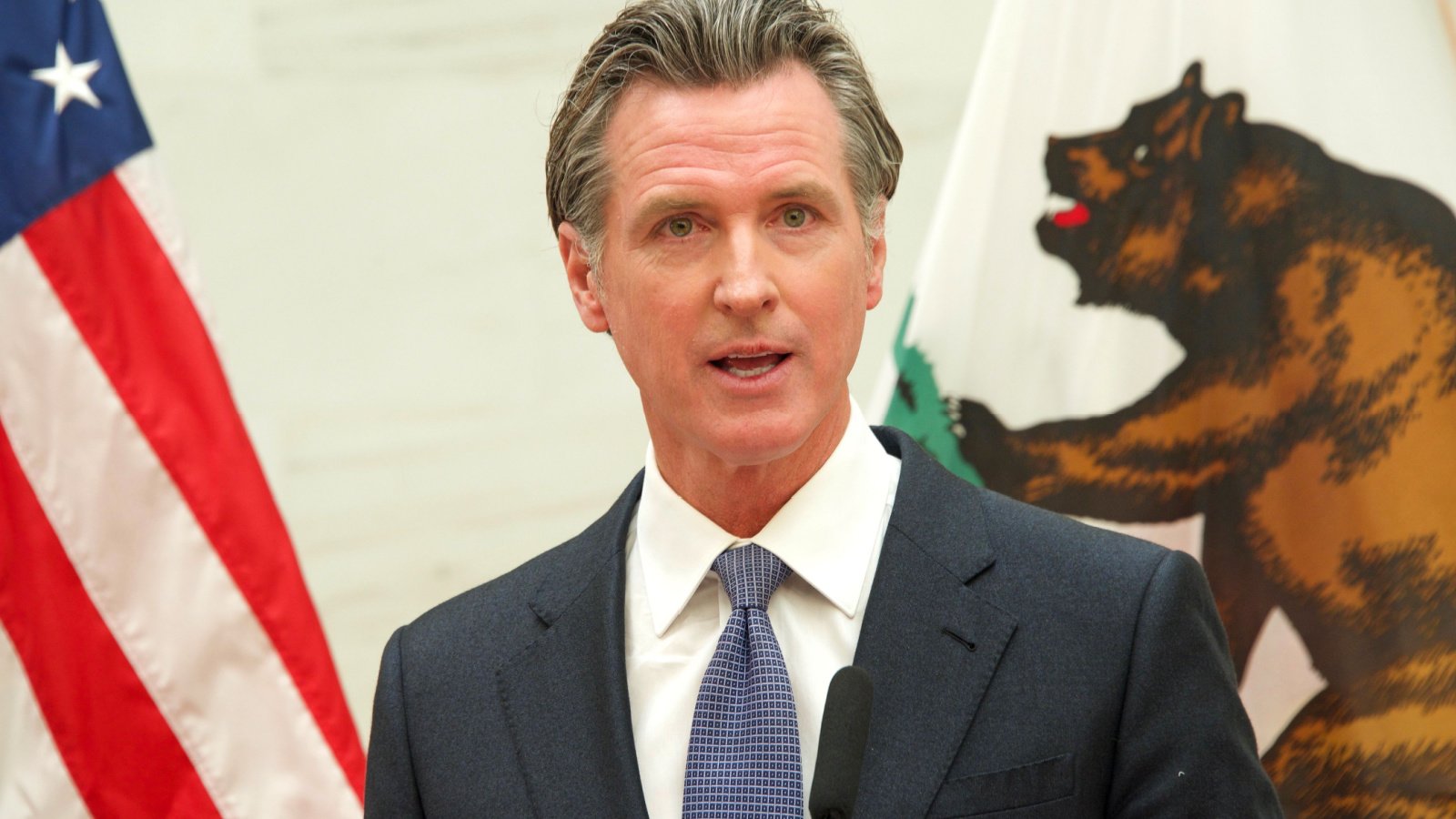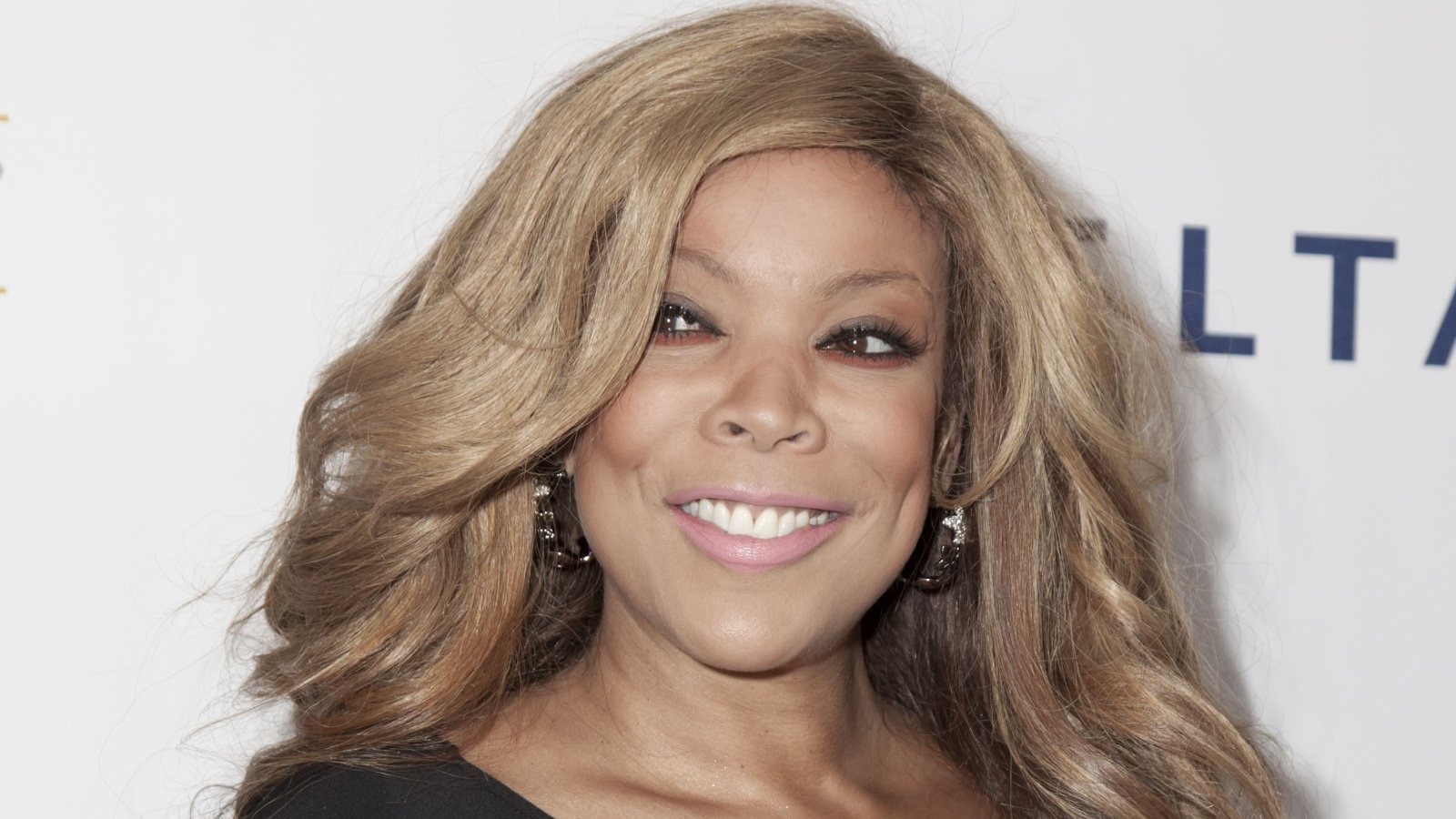A Georgia judge has refused former President Donald Trump’s request to dismiss election racketeering charges against him. The judge’s decision emphasized that First Amendment rights do not shield actions that are part of criminal behavior. This ruling has significant implications for Trump, who faces several legal battles across the country.
Arguments from Trump’s Defense
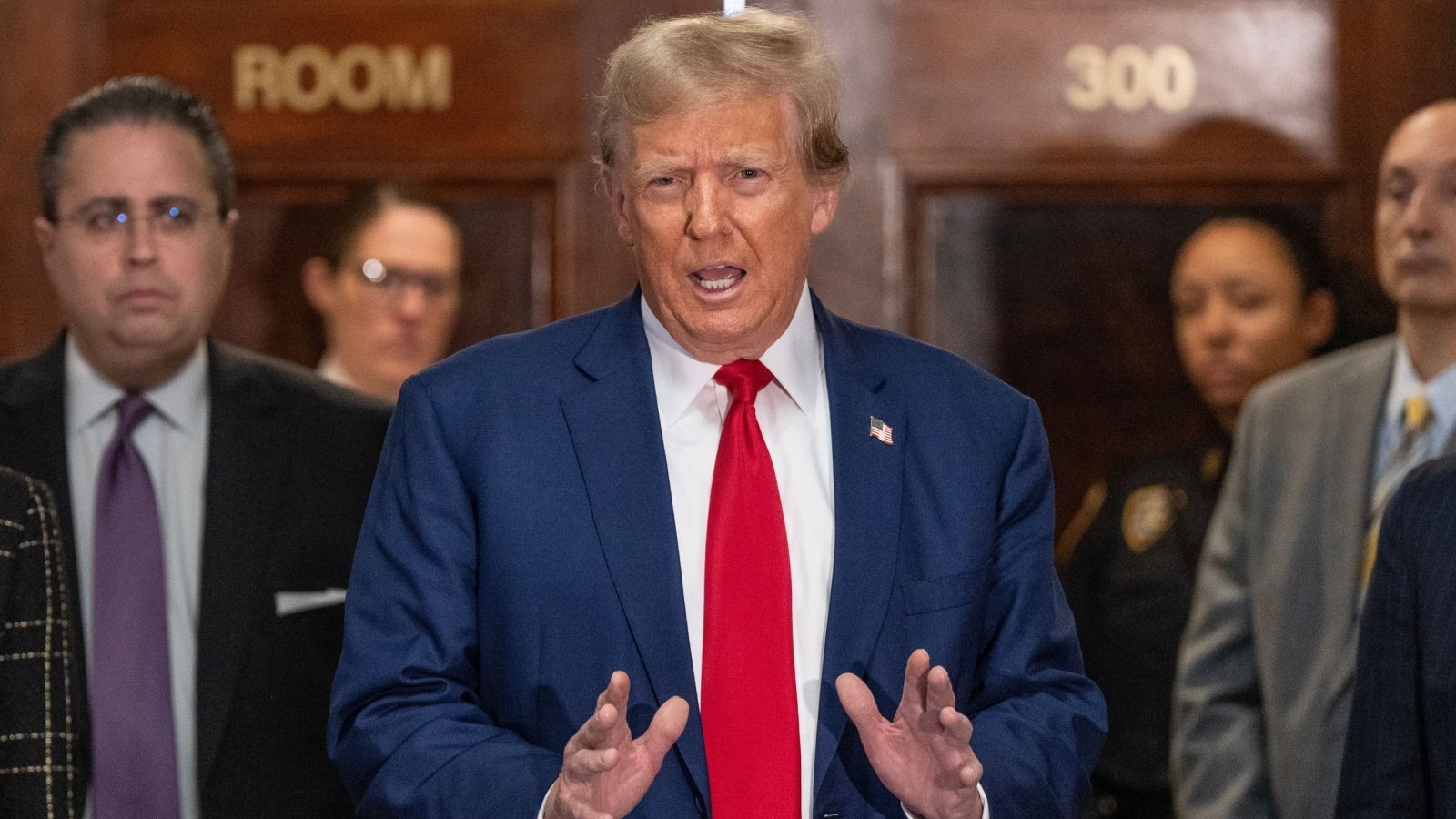
Trump’s defense, led by attorney Steve Sadow, argued for the dismissal of charges on the grounds of free speech protection. Sadow maintained that Trump, in his capacity as president, engaged in political speech when he made claims about election fraud, even if those claims were unfounded. The defense posited that such speech is essential for vigorous political debate and therefore should be protected.
The Judge’s Counterargument
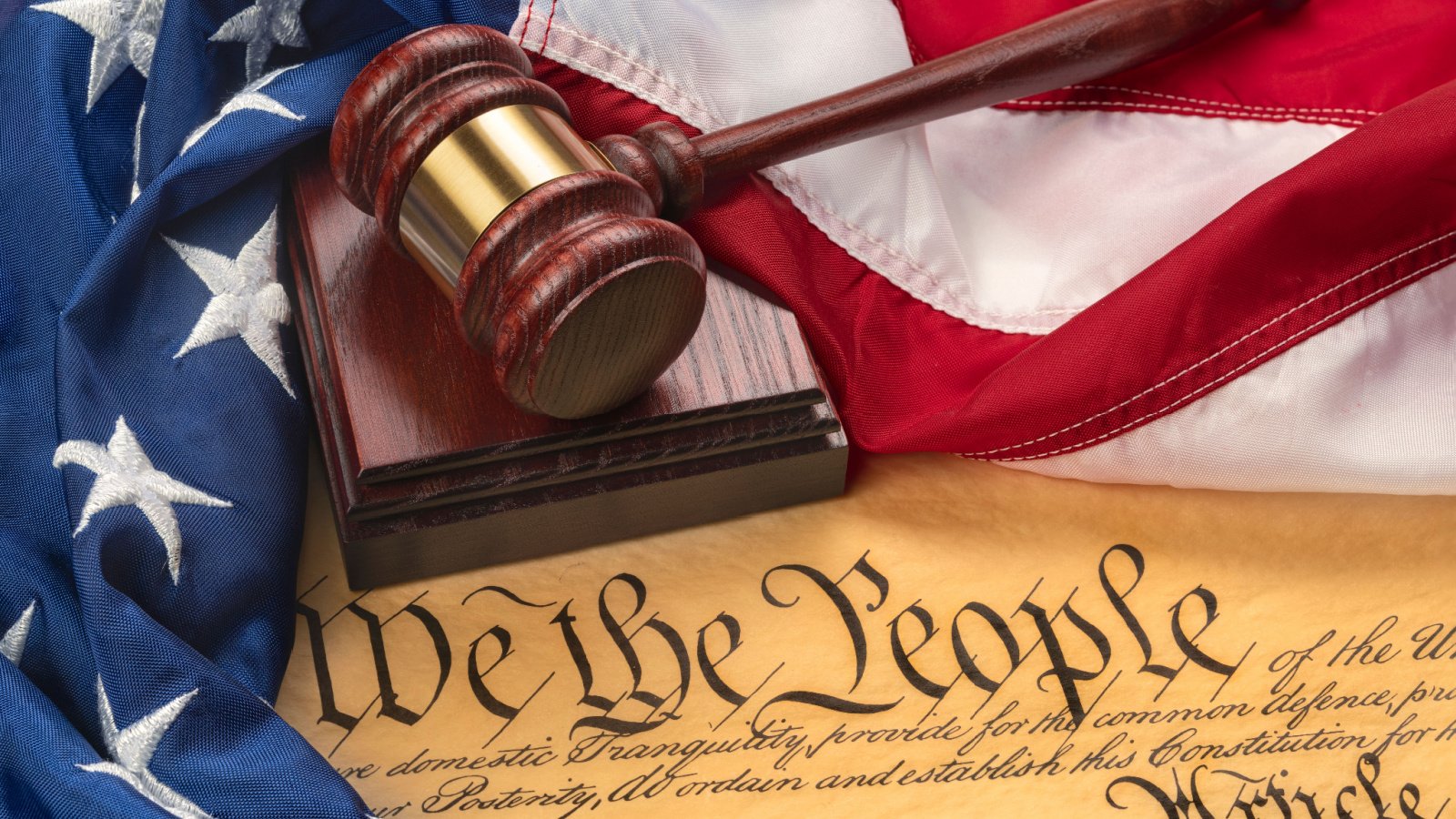
However, Fulton County Superior Court Judge Scott McAfee countered the defense’s argument by stating that the First Amendment does not protect speech associated with criminal activities. Judge McAfee highlighted that it is the role of a jury to determine whether Trump’s speech and actions were indeed criminally motivated.
The Ongoing Legal Battle
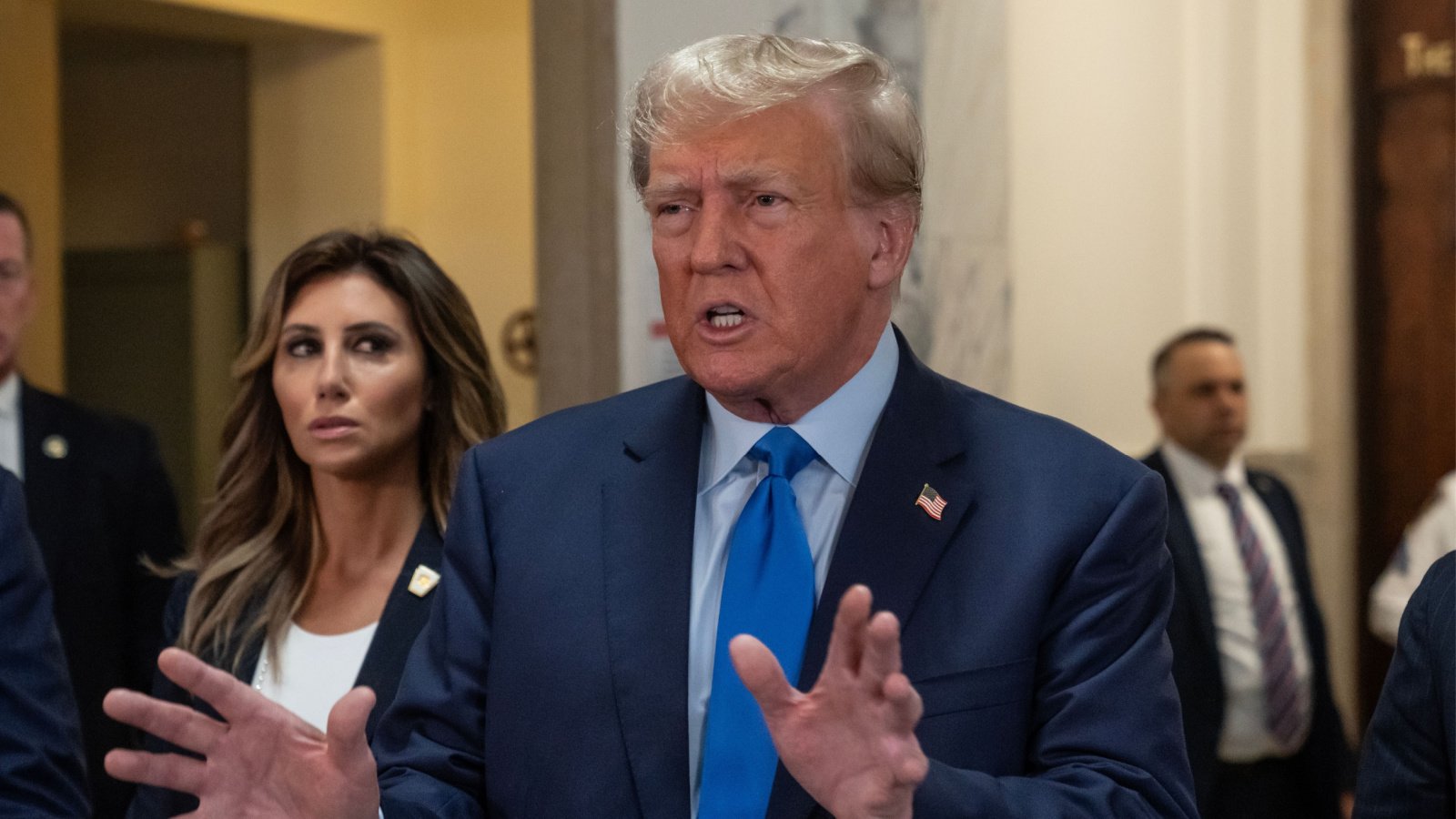
This case is just one of the multiple legal challenges Trump is currently navigating. Trump has consistently pleaded not guilty in all the cases against him. Earlier, there was an attempt to disqualify Fulton County District Attorney Fani Willis from the case due to a purported conflict of interest, leading to the resignation of special prosecutor Nathan Wade.
Charges Detailing a Racketeering Conspiracy
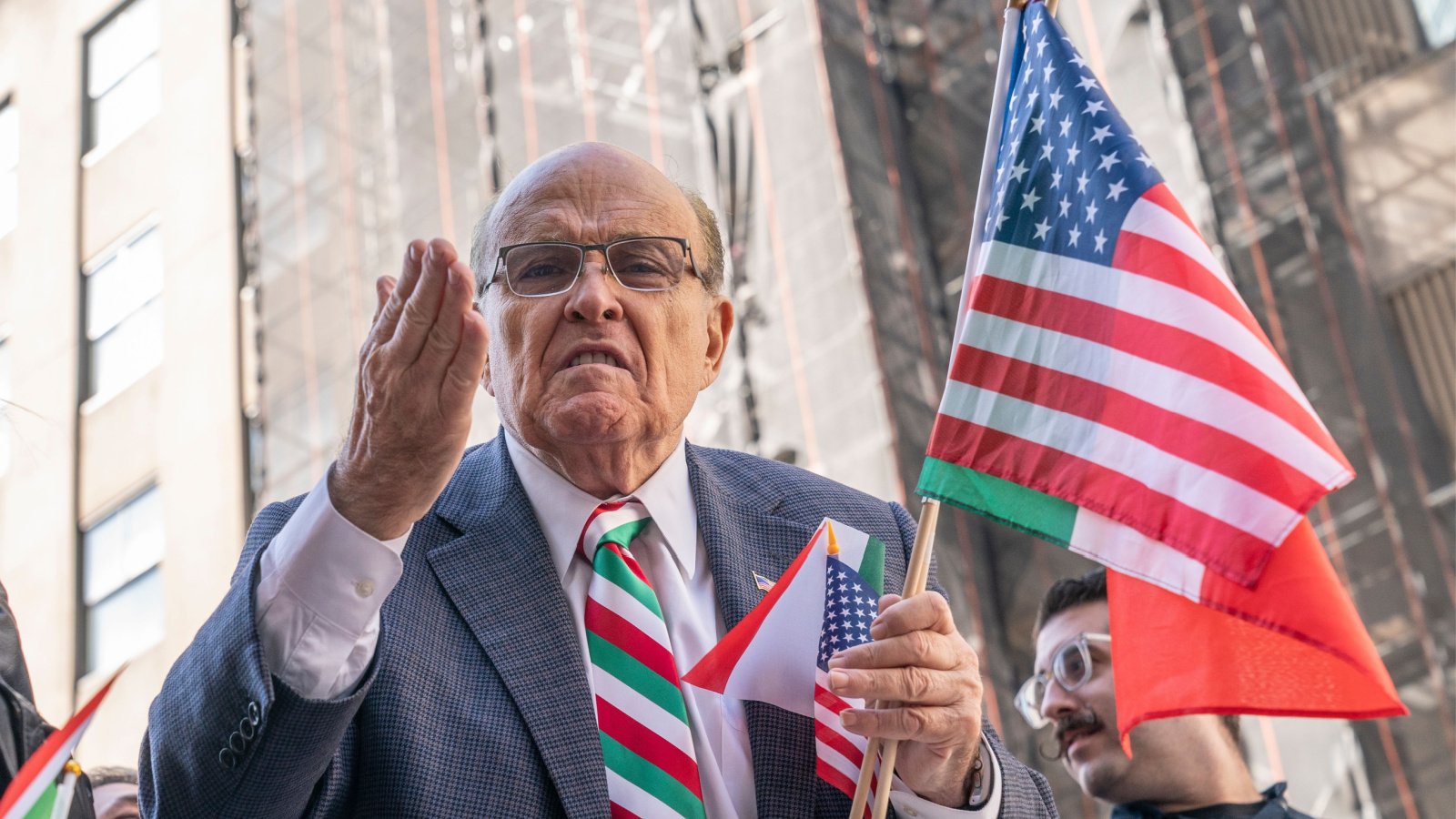
Trump and 18 other individuals are accused of orchestrating a racketeering conspiracy aimed at overturning the 2020 election results. The indictment includes serious allegations against figures such as Rudy Giuliani and John Eastman, accusing them of deliberately spreading falsehoods about election fraud.
The Nature of Political Speech
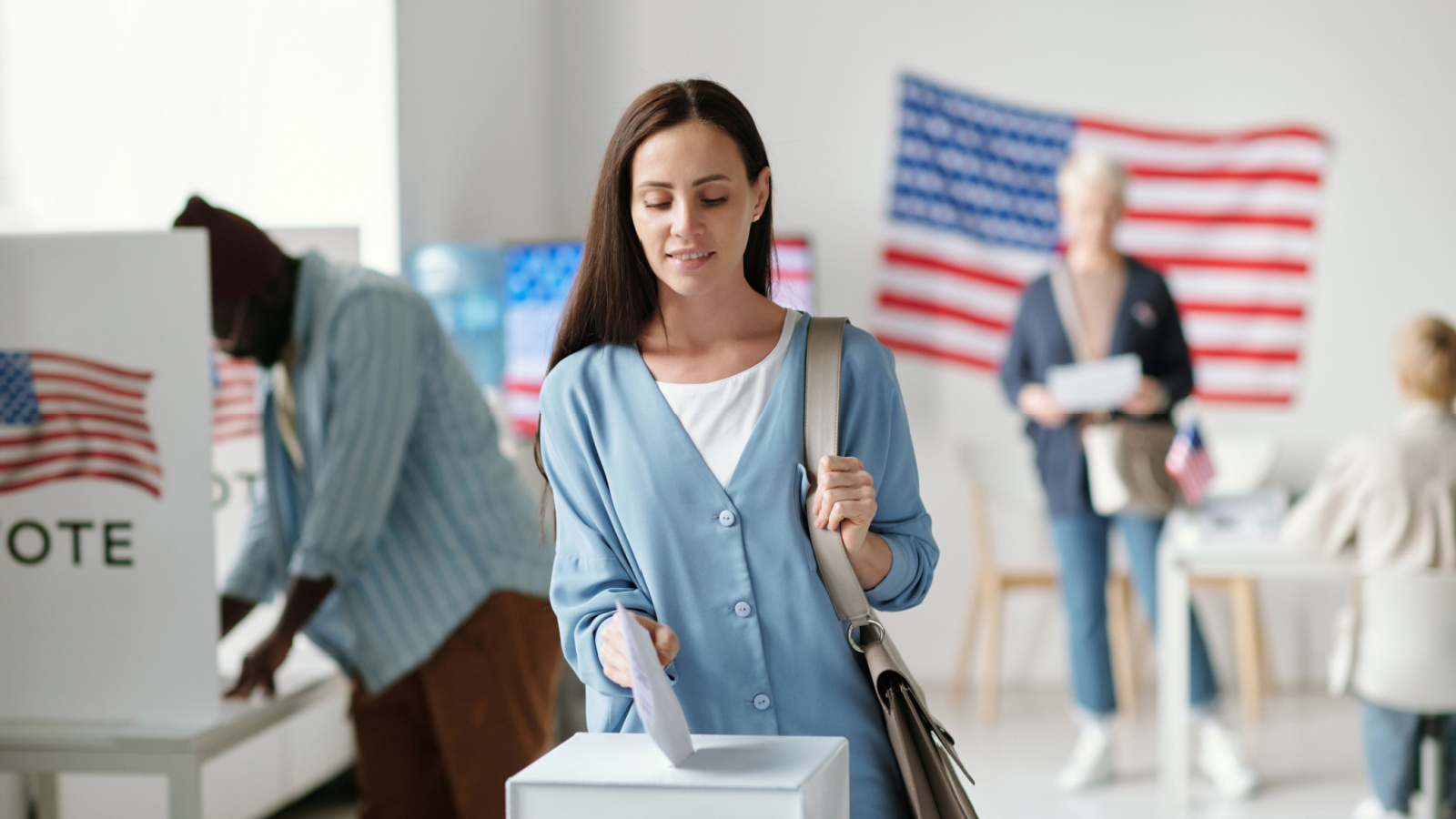
Sadow, advocating for Trump, stressed that questioning election results and exerting pressure on state officials epitomizes political speech. He argued that the act of making false statements, within the political arena, does not automatically equate to criminal behavior.
Prosecution’s Perspective
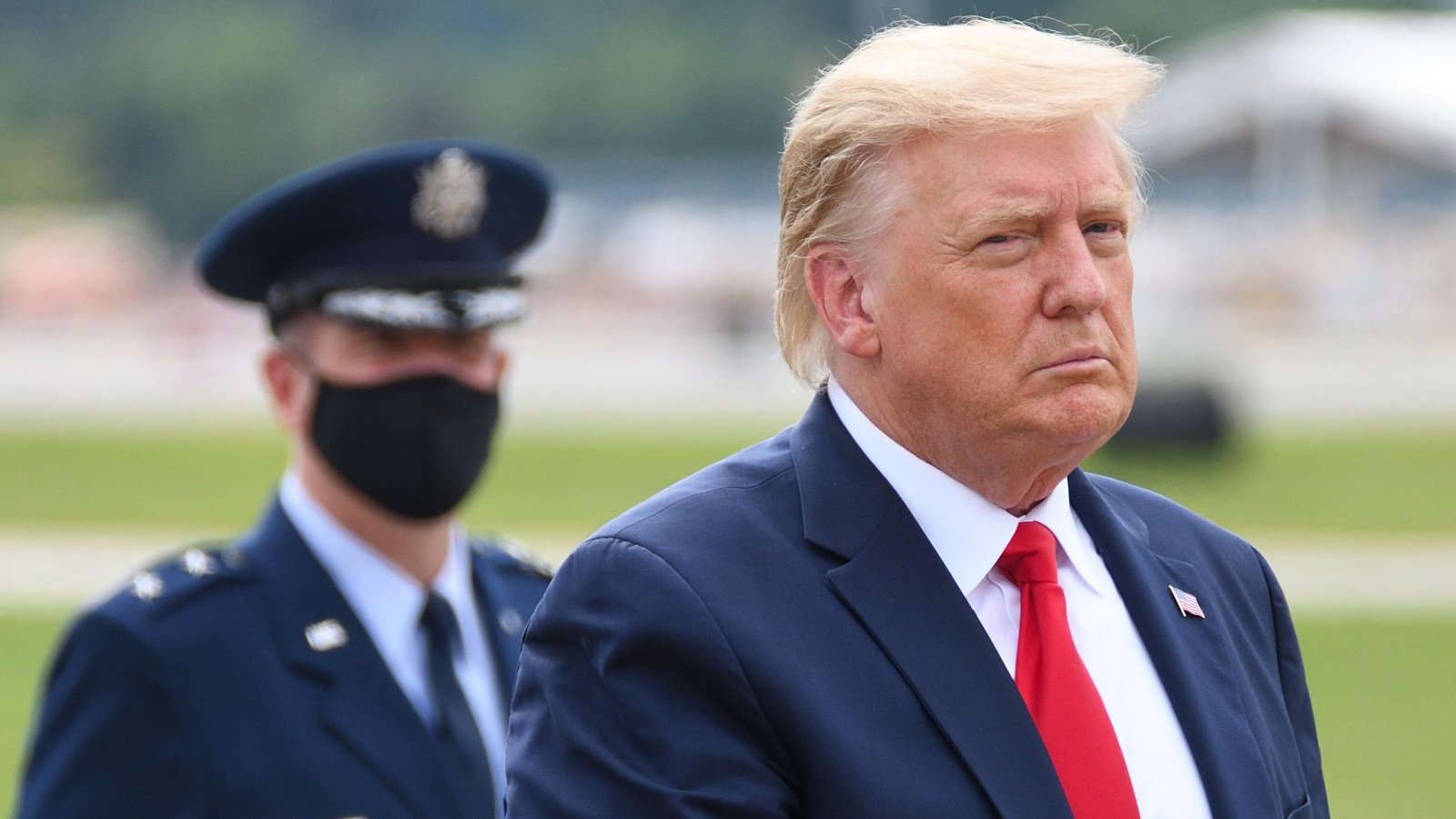
On the other hand, the prosecution contended that Trump’s repeated falsehoods were not just mere lies but were instrumental in a broader criminal scheme. This scheme allegedly involved falsifying documents and impersonating officials to unlawfully influence the election outcome.
Judge McAfee’s Interpretation
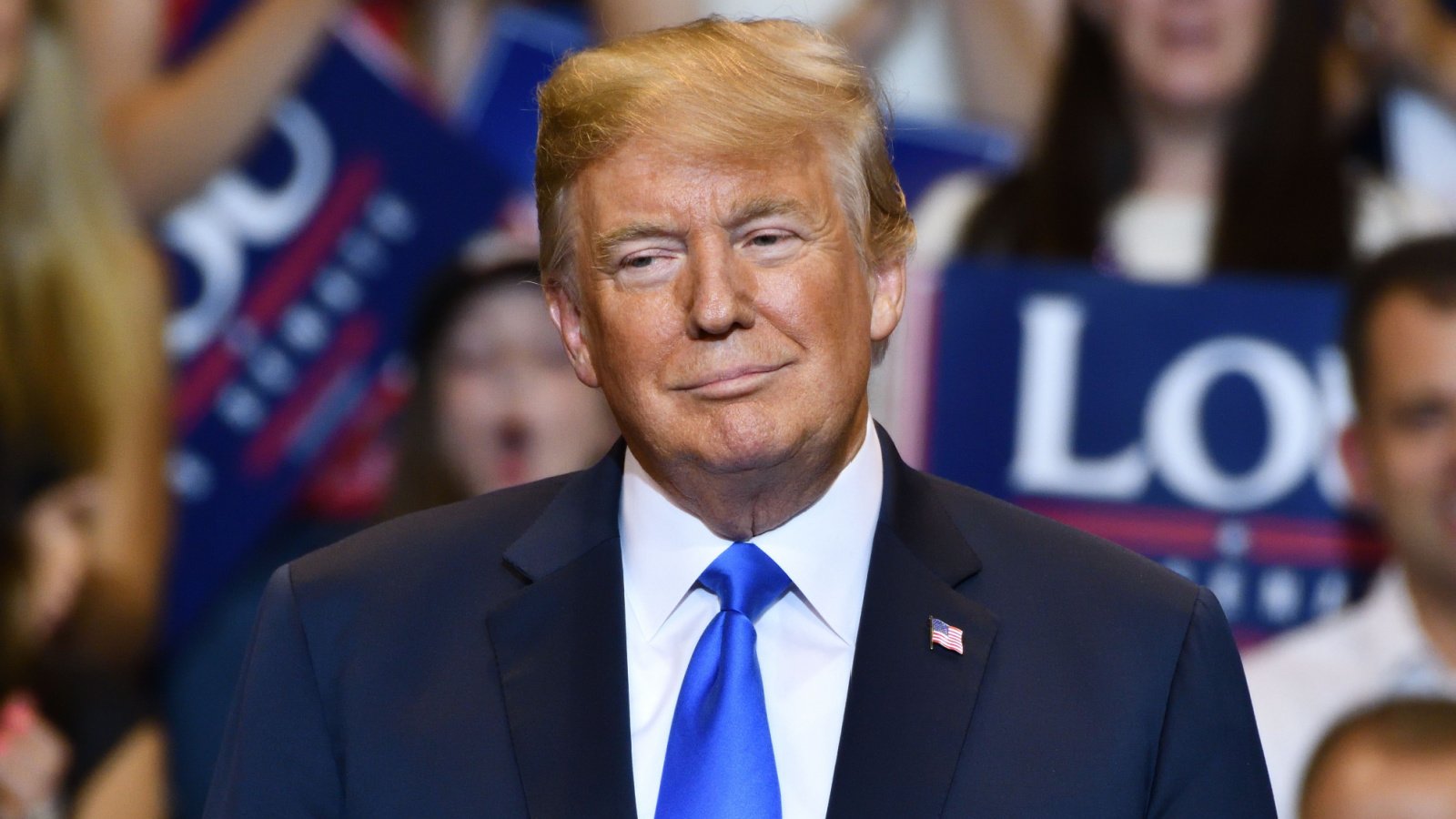
Judge McAfee delineated that the indictment transcends simple political expression. He pointed out that it charges Trump and his co-defendants with intentionally misleading public officers and submitting fraudulent documents to state departments, highlighting a clear intent to deceive.
Legal Implications of the Ruling
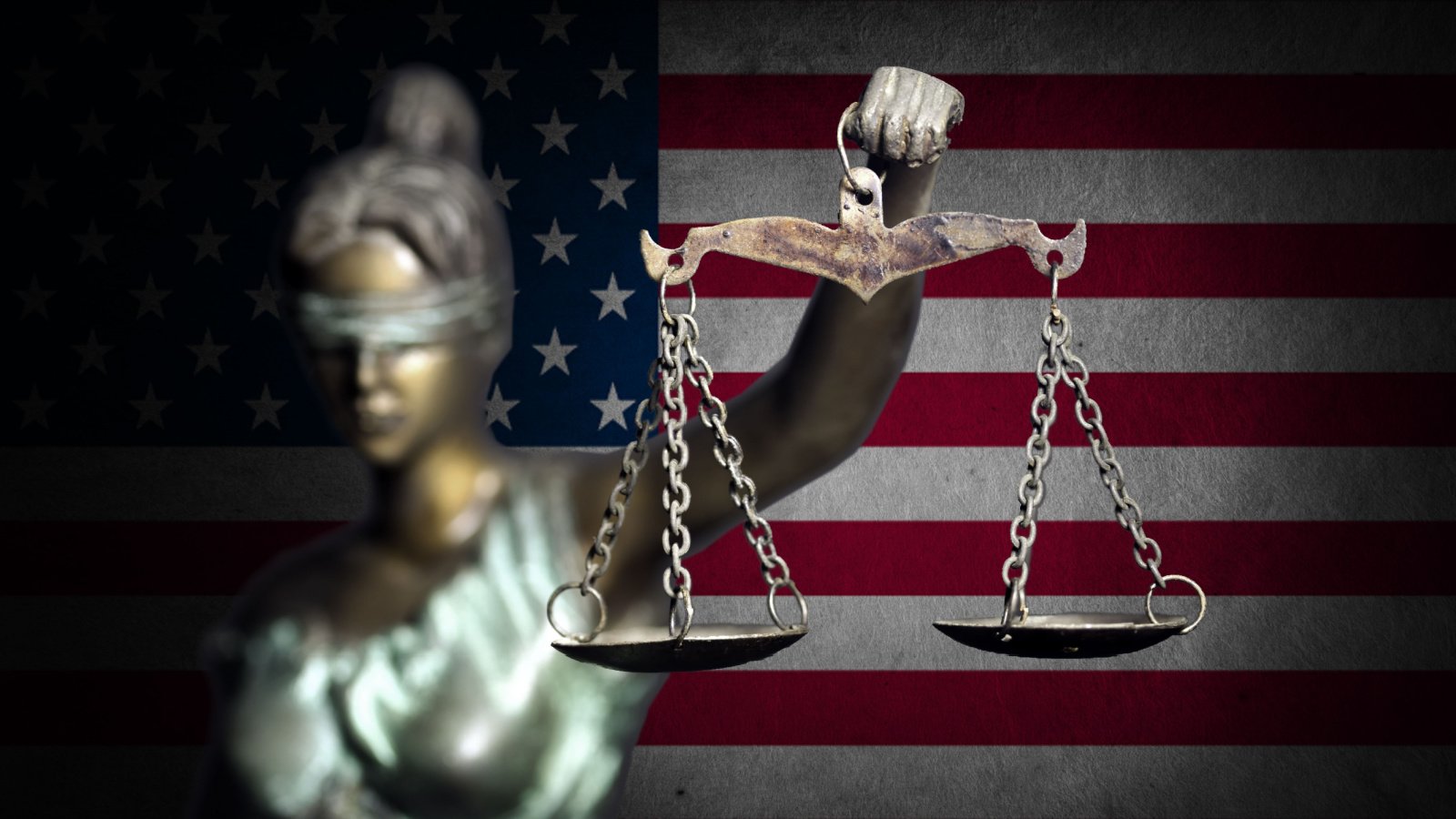
The decision to not dismiss the charges based on First Amendment grounds sets a precedent in the legal scrutiny of actions performed under the guise of political speech. It delineates a boundary between protected political discourse and actions that could potentially constitute criminal conduct.
The Defense’s Response
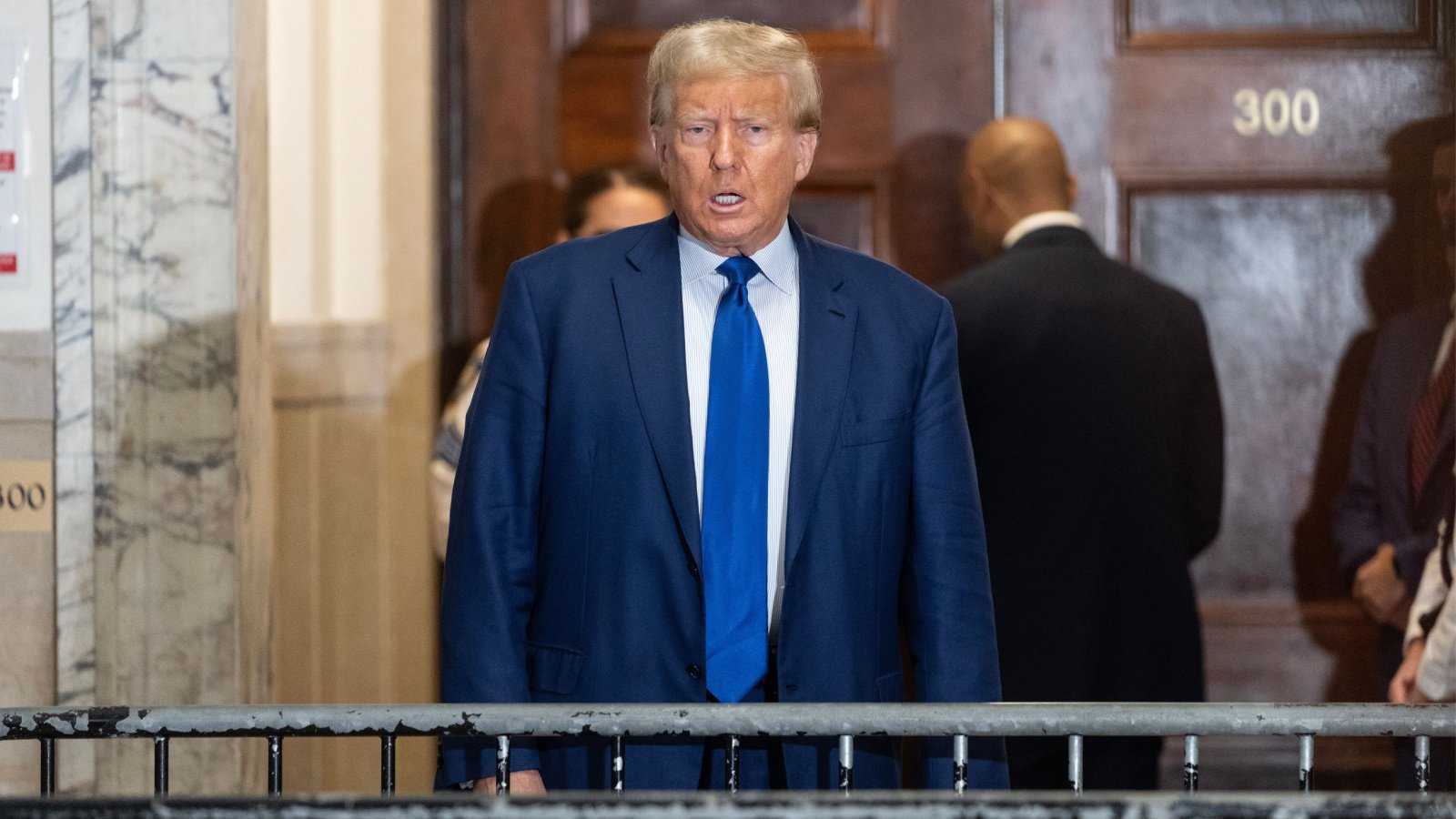
Despite the setback, Trump’s lawyer Steve Sadow expressed respectful disagreement with Judge McAfee’s ruling. Sadow hinted at the possibility of revisiting the issue later in the legal process, suggesting that the defense might seek alternative strategies to challenge the charges.
The Role of Jury Determination
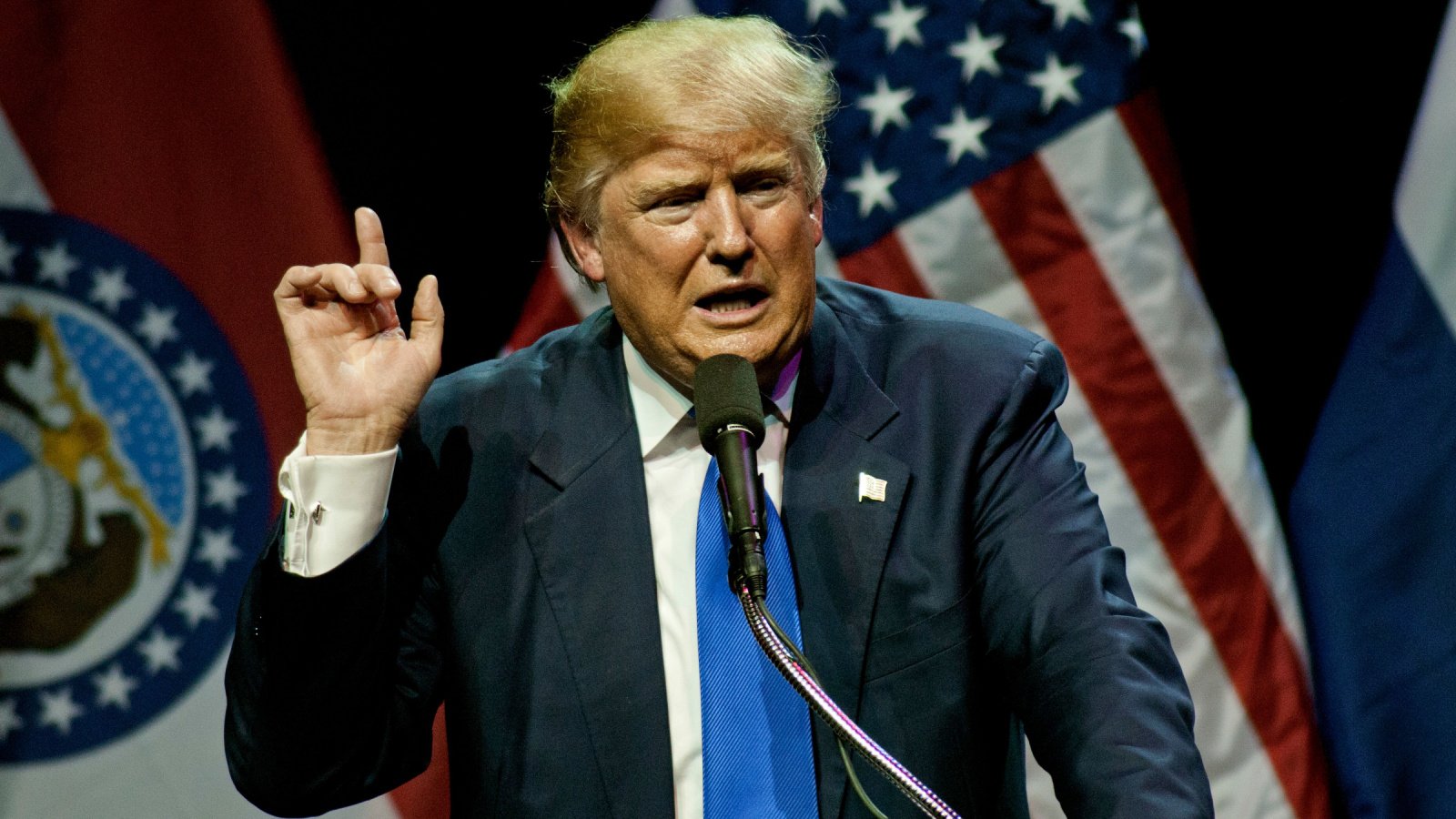
Judge McAfee’s ruling underscores the importance of jury deliberation in cases where the criminal intent of speech and actions is in question. This approach ensures that determinations of criminality are made based on a comprehensive evaluation of the evidence presented during trial.
Implications for Political Discourse
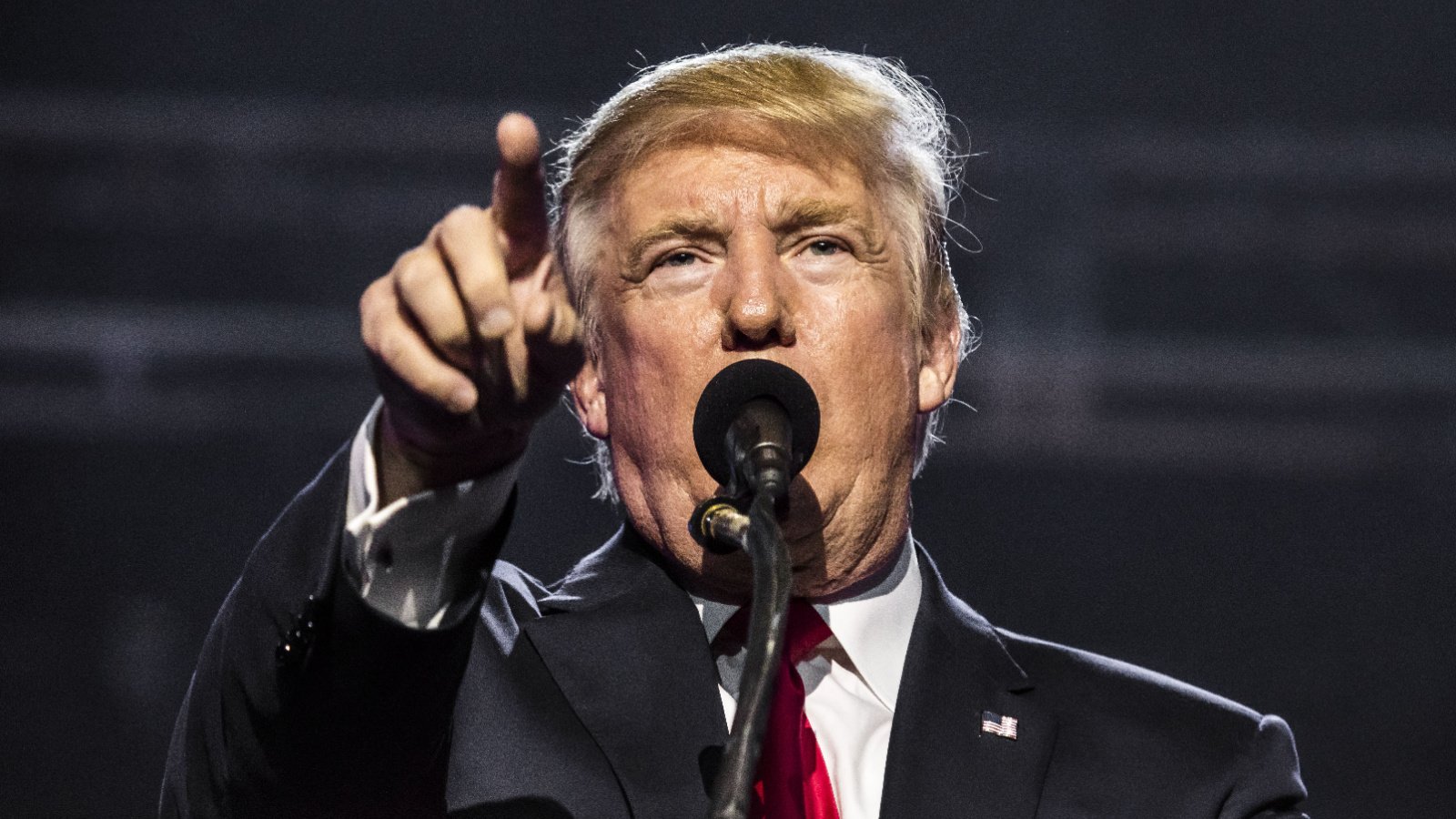
The case also raises important questions about the limits of political speech, especially when such speech is alleged to have played a role in unlawful activities. It suggests that political figures might face legal consequences for actions deemed to exceed the protections afforded by the First Amendment.
The Broader Conspiracy
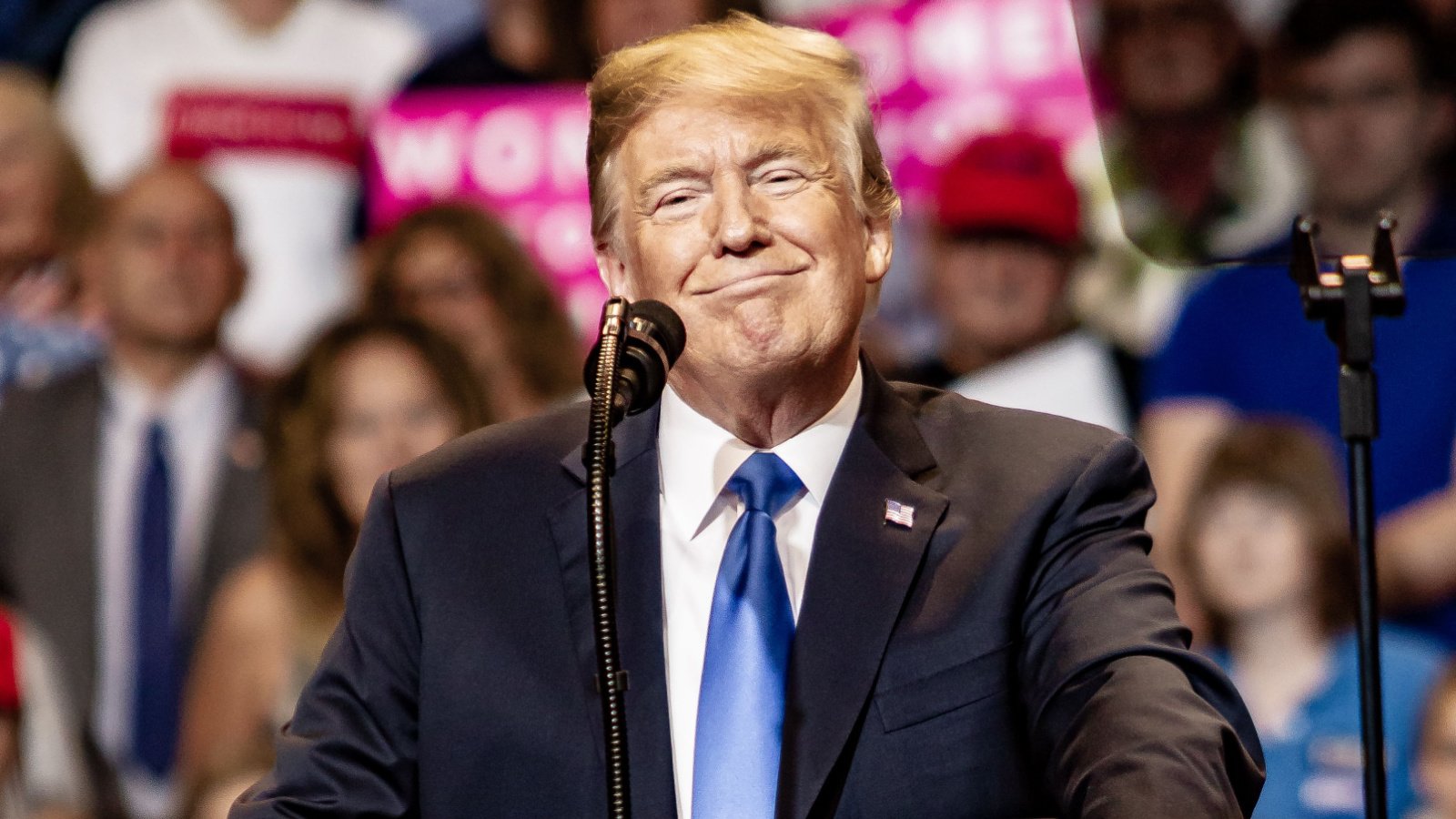
The indictment’s allegations suggest a concerted effort to undermine the electoral process, implicating several individuals in schemes to subvert the democratic outcome. This points to a complex web of actions aimed at challenging the legitimacy of the election results.
Looking Forward
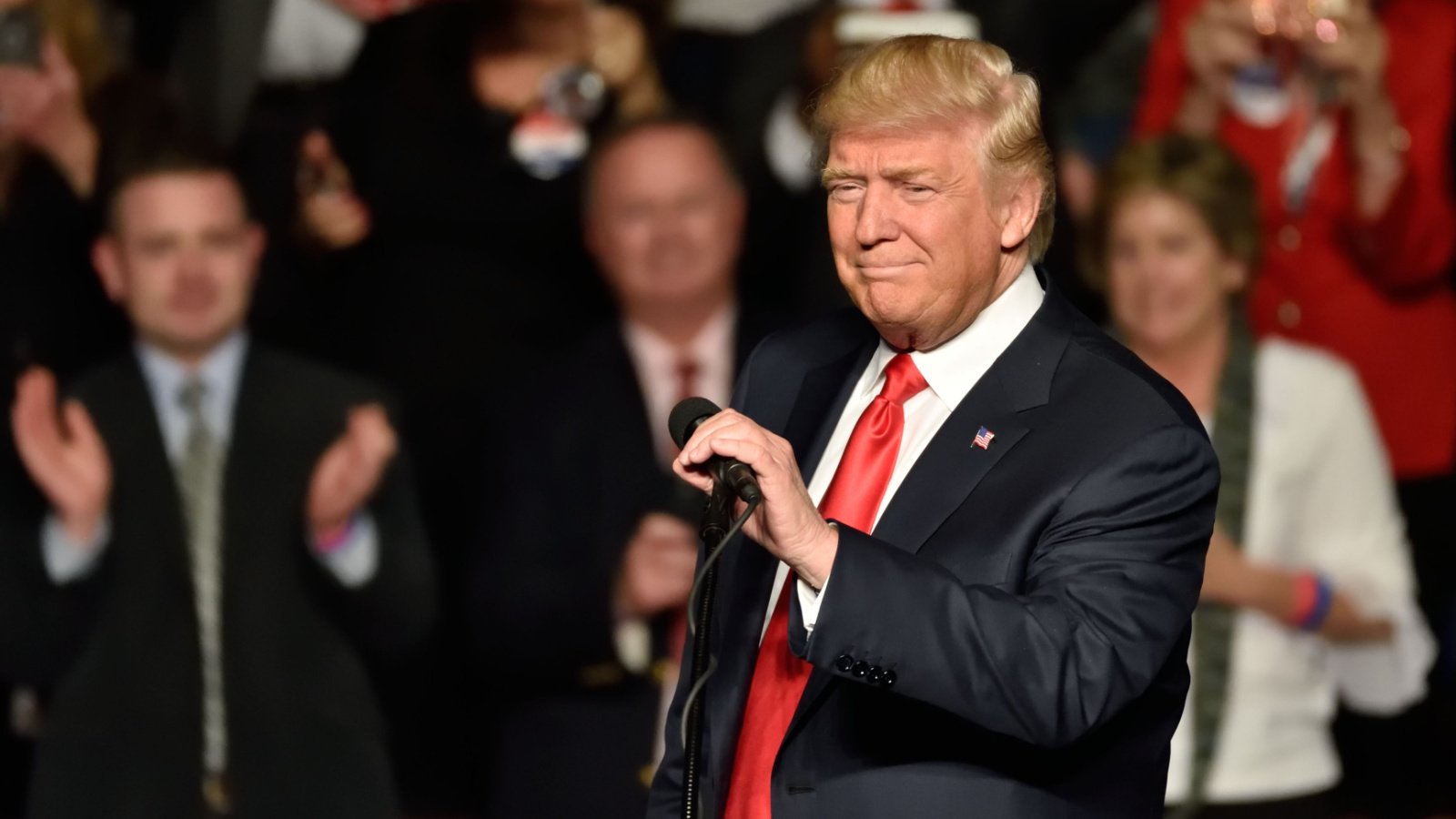
As the legal proceedings continue, the distinction between protected speech and potentially criminal actions will be further examined. This case not only has significant legal ramifications for Trump and his co-defendants but also sets a critical precedent for how similar cases might be approached in the future.




